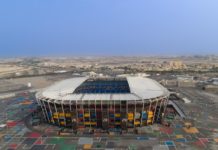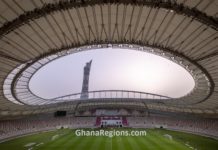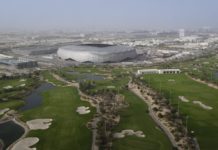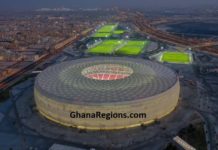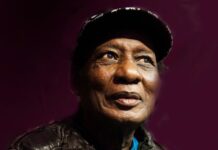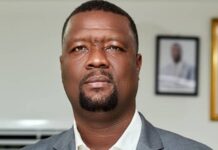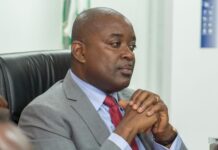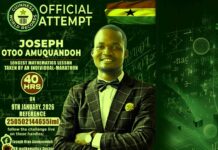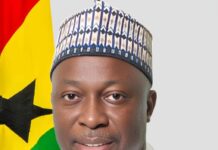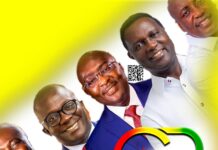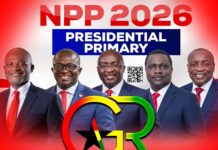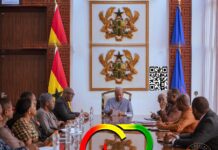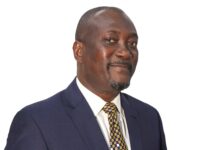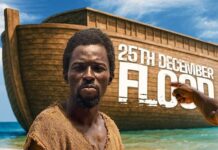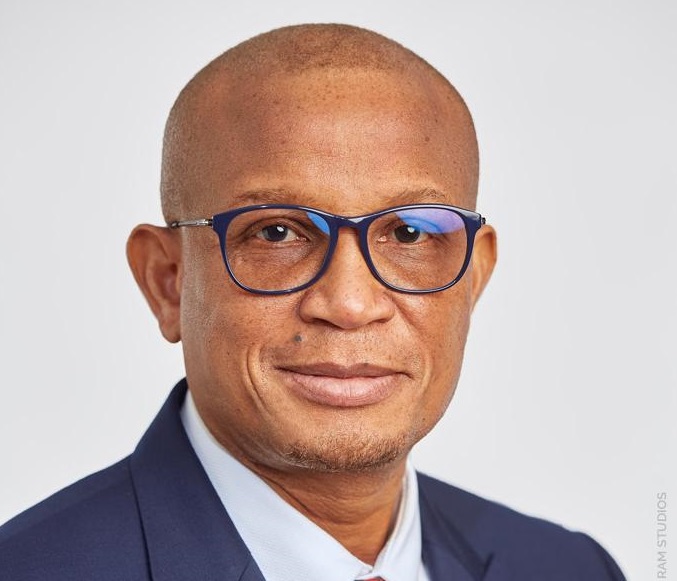
Mustapha Abdul-Hamid is a Ghanaian politician and lecturer. He is currently the Chief Executive Officer of the National Petroleum Authority (NPA).
Mustapha Abdul-Hamid was born in the Northern Regional capital of Tamale on the 14th of June 1971 to Hamidu Yakubu and Adama Musah. Hamidu Yakubu was a soldier with the 6th Battalion of Infantry in Tamale. Adama Musah is a retired teacher who taught in various schools around the Tamale metropolis.
He attended the Station Experimental Primary School in Tamale from 1976-1982. He then went to Bawku Secondary School for his Ordinary Level from 1982-1987. Mustapha Abdul-Hamid entered Tamale Secondary School in 1987 for his Advanced level. In 1991, he entered the University of Cape Coast to pursue a Bachelor of Arts course with English Language, Classics, and Religious Studies.
He eventually majored in Religious Studies, obtaining a Second Class, Upper Division. He also pursued a Diploma in Education concurrently with the Degree program. He obtained an M.Phil in Religious Studies from the University of Cape Coast in 2003.
In September 2017, he completed and was awarded a Ph.D. in Religious Studies at the University of Cape Coast. Mustapha Abdul-Hamid’s research interests are in the area of Islamic Mysticism, Political Thought in Islam, Islam, and, Gender and Islam in Ghana. He has published extensively in reputable journals around the world.
Some of his publications include, “Religious Language and the Charge of Blasphemy: In Defense of Al-Hallaj,” and “Christian-Muslim Relations in Ghana: A Model for World Dialogue and Peace.”
Mustapha Abdul-Hamid showed an early interest and capacity for debate. In Bawku Secondary School where he had his Ordinary Level education and at Tamale Secondary School where he had his Advance level education, he was a member of the Debating Teams of both schools.
Mustapha was such a prolific debater and was feared by any opponents who met the schools that he represented. He is bold and fearless and highly honest and ethical. Indeed, many Ghanaians count him as one of the honest politicians of our time.
He is also a faithful adherent of the Islamic religion and before being Minister for Inner City and Zongo Development, was already very much involved in Islamic activities in Muslim communities across the country. During his student days at the University of Cape Coast, he was at once the President of the Ghana Muslim Students Association and the Students Representative Council.
This is a feat that has not been equaled and may never be equaled. His devotion to Islam is largely fueled by the training that he received at the hands of his father. His father is a very dedicated Muslim. He instilled Islam into the young Mustapha at a very tender age.
As early as age 7, Mustapha was already a muezzin for the neighborhood mosque where he worshipped with his father.
Mustapha’s parents divorced when he was about four years old. His father took custody of him according to both Islamic and Northern tradition. In Islamic tradition, in particular, fathers are required to take custody of their male children in the event of a divorce, if they have attained the age of two. And so his father brought him up by strict military discipline. He is married and has seven kids.
Mustapha Abdul-Hamid has worked in various capacities as a Strategy Planning Manager and Client Service Manager with various Advertising and Marketing Companies such as the Media Majique and Research Systems and Ghana Advertising and Marketing Company. He also worked with and edited newspapers such as the defunct High Street Journal and the Daily Statesman.
He was also the news editor at Choice FM, a radio station based in Accra whose frequency was eventually sold to the Dr. Kwabena Duffuor media group and has now become Kasapa FM.
Hamid is the former Minister for Information. Before his appointment as Minister for Information in March 2017, he was a lecturer at the Department of Religion and Human Values of the University of Cape Coast. Mustapha Abdul-Hamid’s career as a politician began in 1991 when he entered the University of Cape Coast.
At that time, the military government of the Provisional National Defense Council (PNDC), headed by Flight Lieutenant (retired) Jerry John Rawlings, had hinted that it was to lift the ban on the party-political activity in May 1992.
Groups that intended to form political parties after the lifting of the ban, therefore, began to congregate. The group that in Ghana’s political history had been associated with the Danquah-Dombo-Busia tradition, formed what they called at the time, the Danquah-Busia Club. It was founded in the house of Stephen Krakue at East Legon in Accra.
The man who was responsible for planting the club in the Central Region was a senior figure in the tradition called Lawyer Spio. It was he who began the process of recruiting young men and women at the University of Cape Coast to form the nucleus of the club. Mustapha Abdul-Hamid was among the first batch of young men who were recruited to start the party’s University of Cape Coast branch.



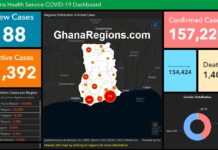
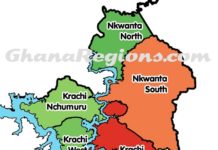
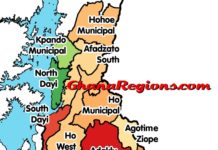
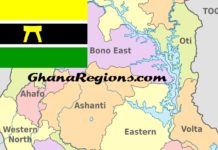
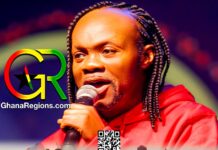
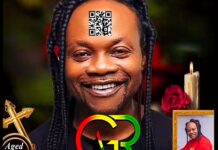


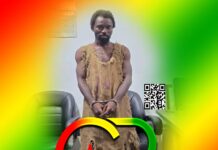


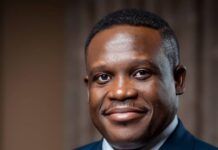



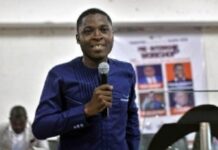
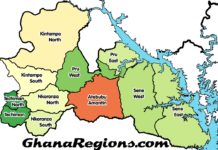
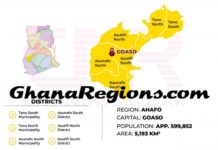

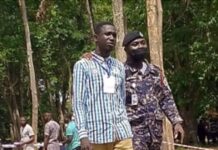
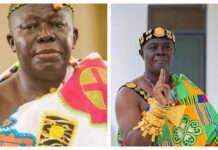
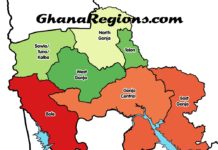

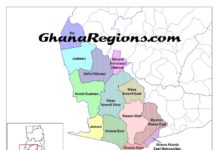
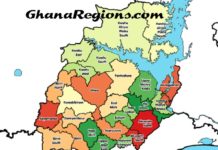




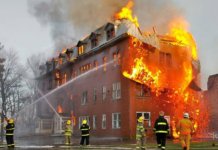
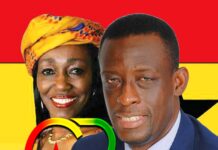

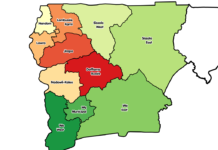
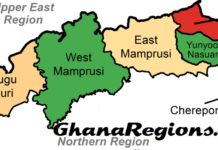
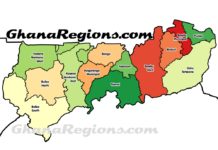
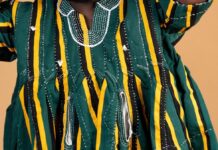
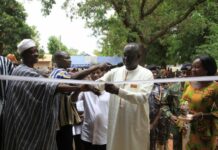










![Morocco knock out Spain on 3-0 penalties to reach FIFA World Cup 2022 quarter-final, Morocco vs Spain (0-0) (3-0) [Video]. Morocco knock out Spain on 3-0 penalties](https://ghanaregions.com/wp-content/uploads/2022/12/Watch-Morocco-vs-Spain-0-0-and-3-0-penalties-218x150.jpg)





